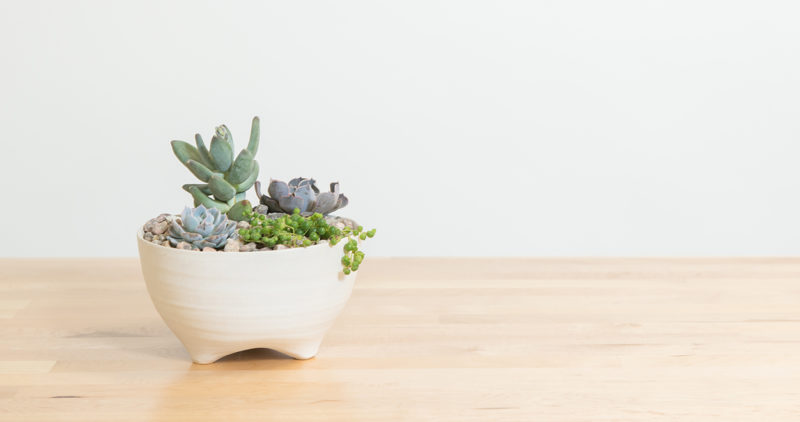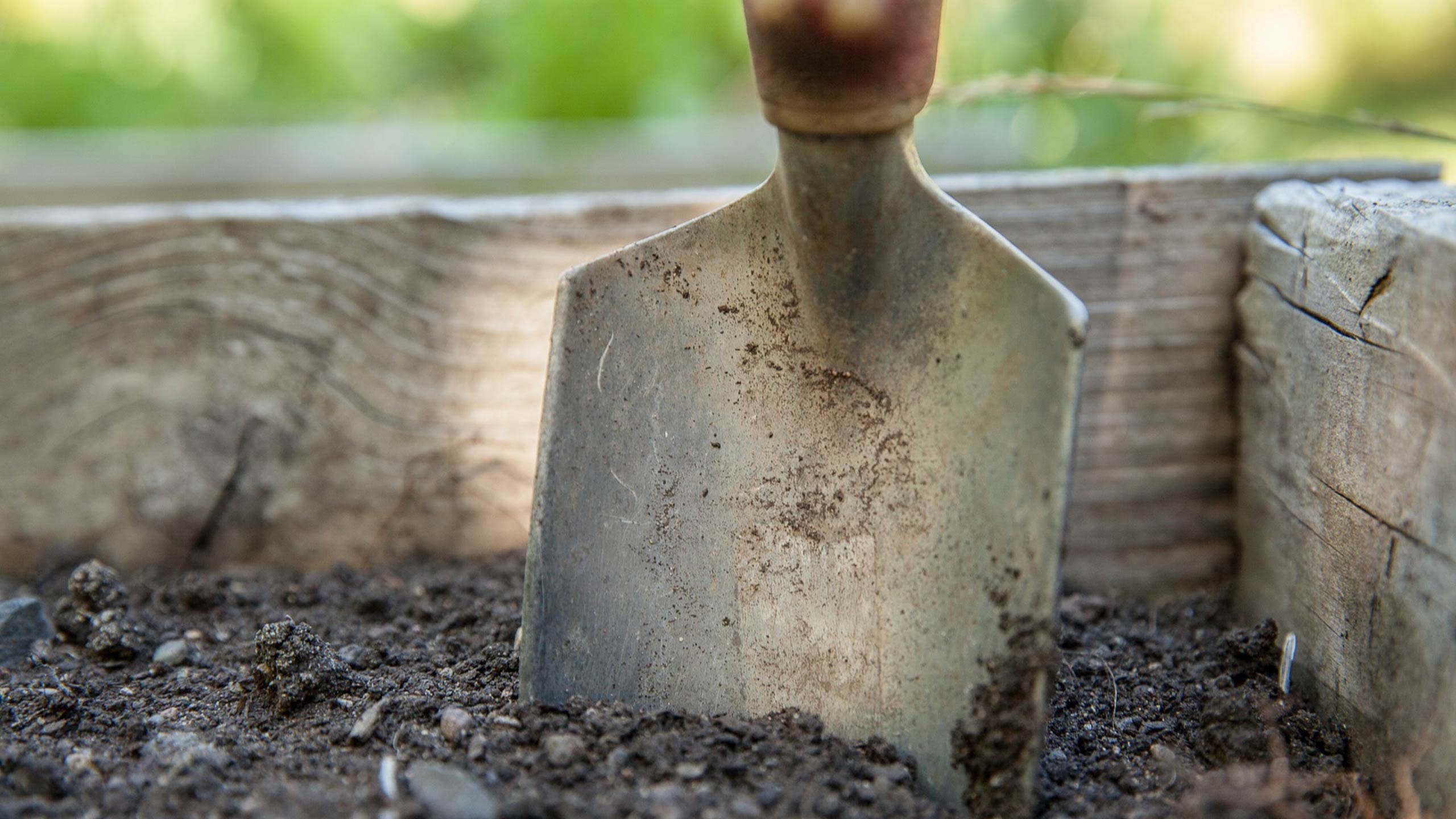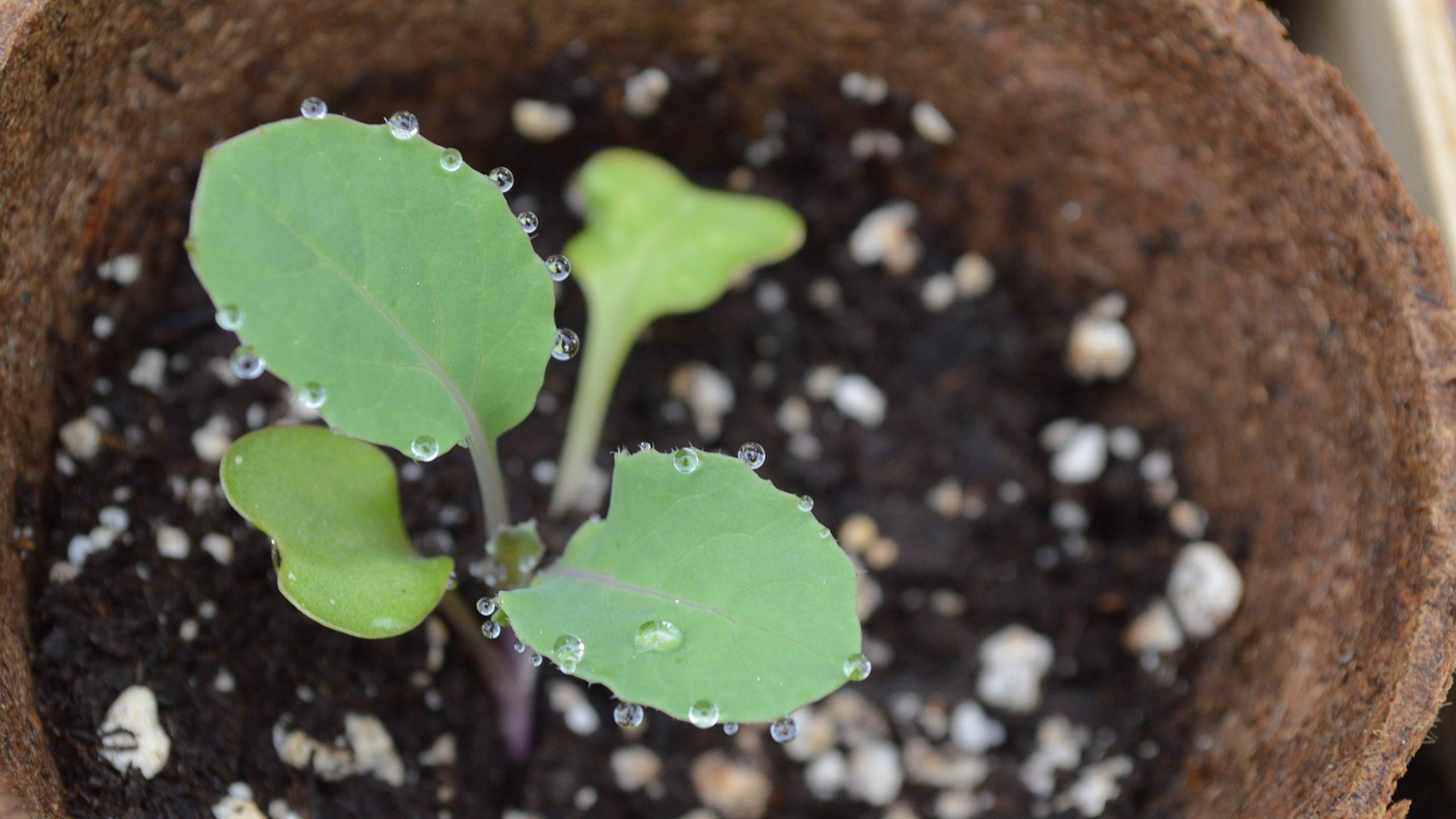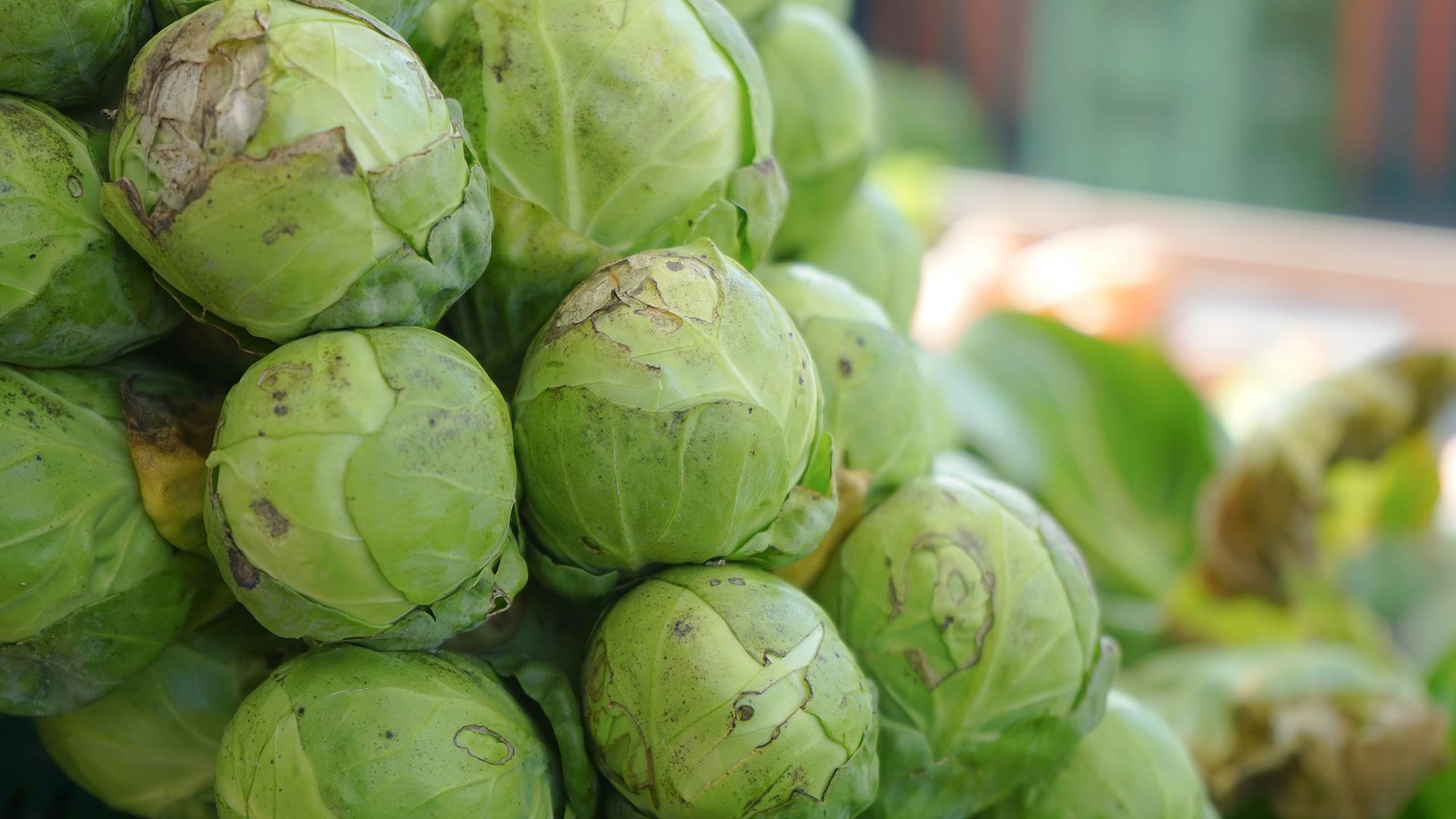
Healthy gardens begin with healthy soil, and now is the perfect time to start preparing your garden soil. Healthy soil is really a fully functioning ecosystem – with living and non-living parts working together to provide the nutrients and stability plants need to grow. Here, we’ve gathered a few tips to help you get your soil ready for another productive season.

Compost is The Best
One of the best ways to replace nutrients, build a healthier soil ecosystem, and improve soil structure is by adding compost. Compost is made up of wood, leaves, and other organic components that have decomposed into a rich, dark, soil-like material. Adding compost to thick clay soils – like we often have here in Omaha – breaks up soil, allowing air, water, and roots to get through more easily. Compost also supports beneficial fungi and bacteria that break down organic materials into simple nutrients the plants can use.
How to Apply Compost
Adding compost is easy – especially with an established garden bed. Just spread it on top of the soil and let it sit for now. The natural action of water, worms, and microbes will break it down and carry it further into the soil without additional work from you. For established beds, we recommend a 1-2” layer of compost in early spring. In new garden beds – where the soil has never been amended – a thicker layer layer of compost can be added and tilled into the soil.

Sulfur is Helpful Too
For heavy clay soil, another amendment to consider adding is soil sulfur. Plant Care team member Ashley Waltemath says that because our soils here in Omaha tend to be highly alkaline, adding soil sulfur is almost always beneficial – allowing plants to more easily take up important nutrients like iron. Just keep in mind that soil sulfur needs some time to break down and do its job, so now is the perfect time to add it. If you’d like to test your soil pH – or other key soil nutrients – we have soil test kits here at the store. Before you take the test home, stop by the Plant Care desk – our team can show you what to look for in the results.
Leave the Tilling to the Earthworms
Gardeners often start their season by using a mechanical tiller to cultivate the garden bed – sometimes until the soil is smooth and powdery. But in established garden beds, this can do more harm than good. Tilling breaks down the soil structure and disrupts the activities of beneficial worms, insects, and soil microbes. Tilling can also bring dormant weed seeds to the surface where they can sprout. So, in most established beds, topping your soil with compost and letting the worms and microbes work it in is all you need to do.

What’s Next
If you’re like us, you’re ready to get planting. Once your compost is applied, you can start looking ahead to mid-April when early-season vegetables can go in the garden. You don’t have to wait to start shopping though. We have cole crops like broccoli, Brussels sprouts, and cauliflower – plus seed potatoes and onion sets – already in the store.
And of course, if you have any questions about your garden plan, preparing the bed, or soil testing, just stop by and talk with one of our Plant Care team members – we’re always glad to help.


